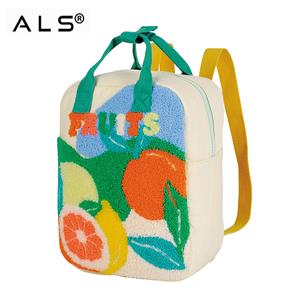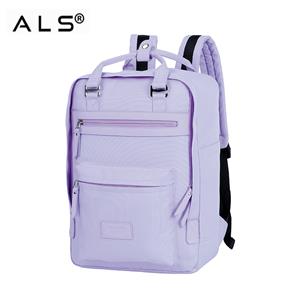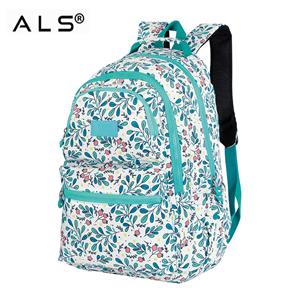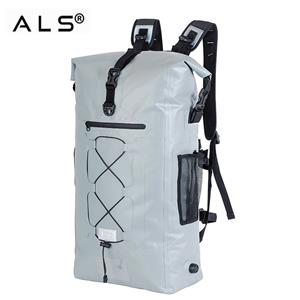Vietnam to reduce environmental impact of textile and garment industry by 2030
The Vietnam Textile and Apparel Association (VITAS) has set a goal of helping Vietnam's textile and garment industry be more environmentally friendly by 2030.
By 2023, the industry plans to reduce energy consumption by 15 per cent and water consumption by 20 per cent.
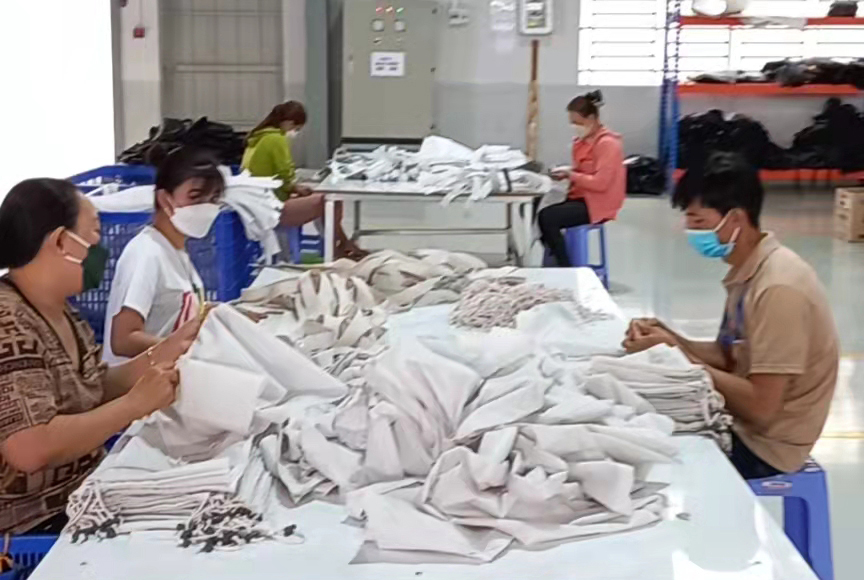
Green growth is an important part of sustainable development. In recent years, enterprises in the textile - garment - footwear industries have paid special attention to this issue.
According to VITA's general secretary, a greener textile and garment industry not only contributes to implementing the national strategy on green growth but also fulfils the requirements of large textile and garment import markets in the world, such as the European Union (EU).
Vietnamese textile-garment and leather-footwear firms need to improve the sustainability of their production for export to the EU after the European Commission (EC) proposed the goods must comply with ecological design criteria.
Earlier this year, the EC proposed a new strategy to make textiles more durable, repairable, reusable and recyclable, to tackle fast fashion, textile waste and the destruction of unsold textiles, and ensure their production takes place in full respect of social rights.
Europe is a traditional and key market for Vietnam's textile and footwear industries, especially with the EU-Vietnam Free Trade Agreement (EVFTA).
According to VITAS' report, in the first ten months, the textile and garment industry recorded about US$38 billion in export value, up 17.2 per cent on the year.
In addition, Vietnam's textile and garment industry has been promoting reducing imports and increasing the localisation of domestic raw materials and accessories. That is the solution for the enterprises to be proactive in raw materials for the production of export products, he said.
To increase competitiveness, Vietnam's garment industry needs to prioritise supplying packages, producing both yarn and fabric and sewing. The industry also needs to carry out green production with recycled products to promote exports to European countries.

